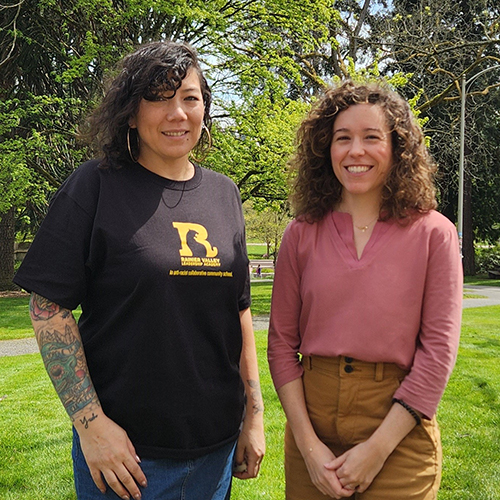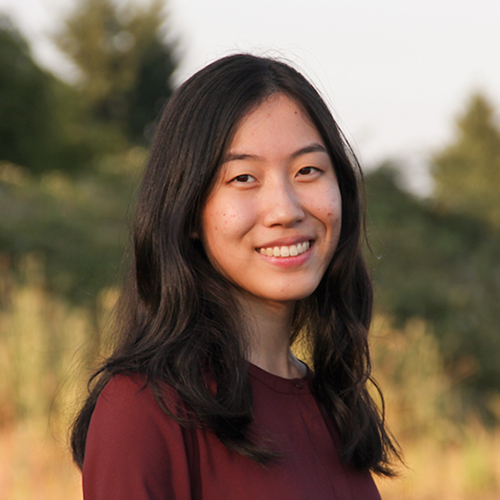“There have been a lot of human rights activities on all three of our campuses for over a decade, but tucked away in lots of different departments,” says Center director Angelina Godoy, Helen H. Jackson Chair in Human Rights and associate professor of international studies and law, societies, and justice. “We haven’t been as connected as all of us would like. That has limited what we could do, especially when thinking about institutional efforts to promote human rights.”

Godoy has been heartened by the interest in the new center, both on campus and in the community. Already, faculty in disciplines ranging from medicine to political science to engineering have become involved. “It’s gratifying to see how readily colleagues across the campus have embraced the Center’s interdisciplinary vision,” says Godoy, noting that off-campus groups have also been in touch to brainstorm possible collaborations.
The idea for the Center dates back to 2008, when the Henry M. Jackson Foundation endowed the Helen H. Jackson Chair in Human Rights, lending new momentum to longstanding efforts to create an institutional home for human rights at the UW. A&S alumnus Paull Shin, a Washington state senator, bolstered that effort by sponsoring a bill to create a UW Center for Human Rights, with state funds attached. The bill passed, but appropriations were cut due to the financial crisis.
“Even just having the institutional presence without state support makes things possible that were not possible before,” says Godoy. The Center has already attracted small grants, allowing the hiring of a graduate student to help with day-to-day operations. Private gifts, such as the Abe Osheroff and Gunnel Clark Endowed Human Rights Fund for Students, provide support for students pursuing hands-on human rights work.

Larger projects are on the horizon. The Center, working with UW Libraries, is currently exploring the possibility of a collaboration with the Foundation for Forensic Anthropology of Guatemala to digitize voluminous information about the estimated 200,000 victims of Guatemala’s genocide, most of it collected from exhumed graves (using advanced DNA technology) and through interviews with surviving family members. The project may sound macabre, but the work is important for victims’ families as well as the international community.
“The information this organization has is far more comprehensive even than the U.N. Truth Commission Report,” says Godoy. “If we can digitize its collection, it would be the first searchable archive of its kind. It would be an opportunity to create something that doesn’t exist anywhere in the world. It would be of tremendous use to future genocide scholars and, we hope, impact future human rights efforts.”
Godoy looks forward to collaborating with UW colleagues and community groups on other projects as well. The possibilities, she says, are exciting.
“There’s a lot of expertise on campus about areas around the world—languages, cultures, histories, and economies—so as we take on projects, we’re able to draw on the broad interdisciplinary expertise that’s on this campus already. It’s a tremendous resource.”
For more about the Center for Human Rights, visit jsis.washington.edu/humanrights.
More Stories

Learning Through Storytelling
Through a UW-led storytelling workshop and course, English language learners in the Seattle area strengthened their language skills and built community.

Exploring Connections Through Global Literary Studies
The UW's new Global Literary Studies major encourages students to explore literary traditions from around the globe and all eras of human history.

Two Majors, Complementary Skills
Elizabeth Xiong (2024), a double major in art history and computer science, shares how she gained different and complementary skills from each major.